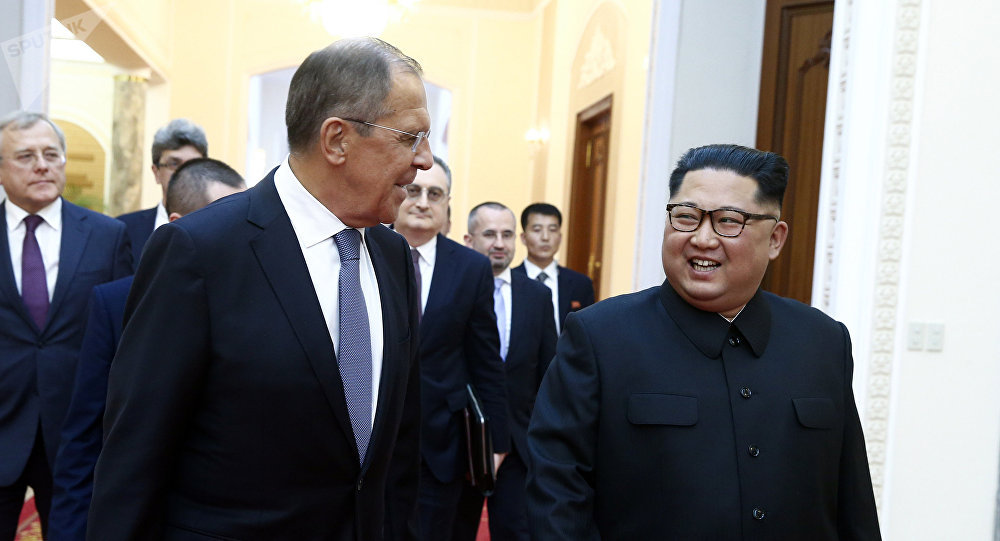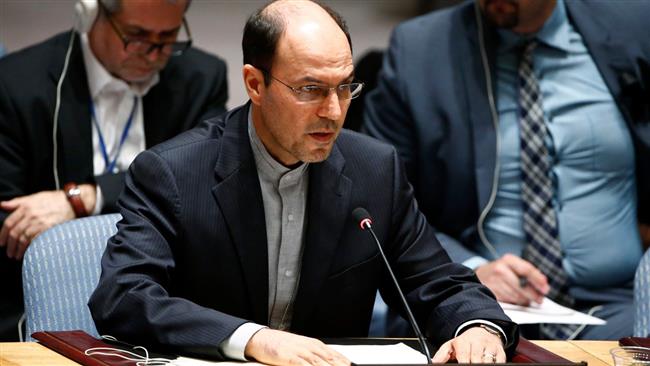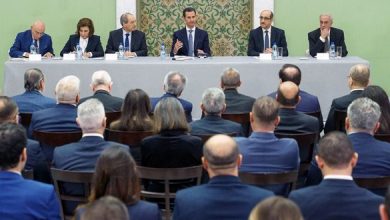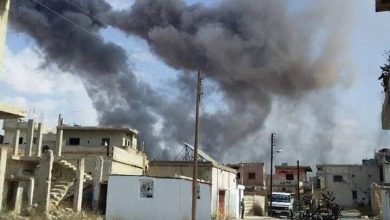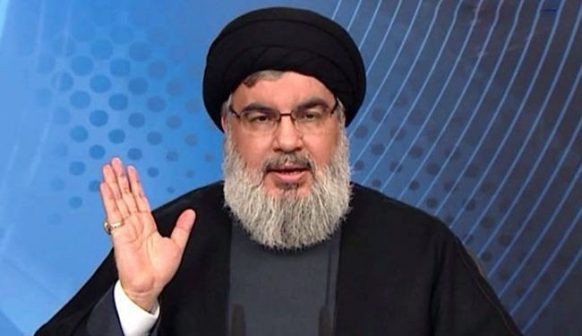Russia says reports of Syria’s chemical attack ‘bogus,’ meant to shield terrorists
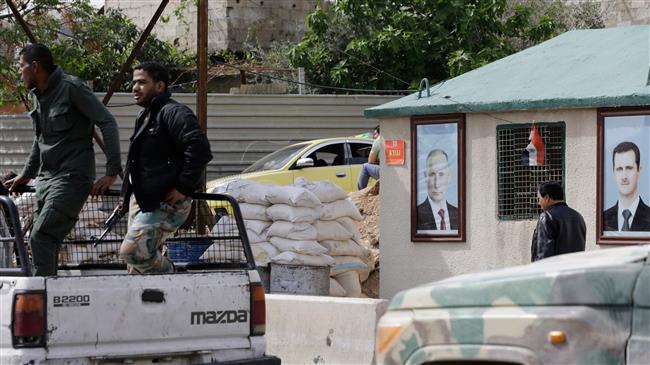

Russia’s Foreign Ministry has lambasted as “bogus” reports of a chemical gas attack allegedly conducted by the Syrian government in Eastern Ghouta, warning that any military intervention based on such “invented and fabricated excuses” could lead to severe consequences.
“The spread of bogus stories about the use of chlorine and other poisonous substances by (Syrian) government forces continues. Yet another such fabricated piece of information about an alleged chemical attack in Douma appeared yesterday,” the ministry said in a statement on Sunday.
Moscow’s reaction came a few hours after militants and activists linked to them, including the so-called civil defense group White Helmets, claimed that government forces on Saturday had dropped a barrel bomb containing poisonous chemicals in Douma, Eastern Ghouta’s largest town, killing and wounding dozens of civilians.
Damascus, in a statement released late on Saturday, strongly rejected the allegation and said that the so-called Jaish al-Islam Takfiri terrorist group, which has dominant presence in the town, was repeating the allegations of using chemical munitions “in order to accuse the Syrian Arab army, in a blatant attempt to hinder the Army’s advance.”
Earlier on Sunday, the US State Department also issued a strongly-worded statement, blaming the Syrian government for purportedly conducting the attack. It further said that Moscow was “ultimately bearing responsibility” for all chemical incidents in the Arab country, regardless of who carried them out.
The Russian Foreign Ministry, elsewhere in its statement, said that Moscow had “warned several times recently against such dangerous provocations.”
“The aim of such deceitful speculation, lacking any kind of grounding, is to shield terrorists … and to attempt to justify possible external uses of force.”
It added that the “notorious” White Helmets, which has a large role in fabricating the gas attack allegation, “has been repeatedly caught acting with terrorists, as well as other so-called humanitarian organizations based in the United Kingdom and the United States.”
Meanwhile, Konstantin Kosachev, the chairman of the international affairs committee of Russia’s upper house of parliament, said in a statement that reports of a purported gas attack in Douma were bogus and convenient news for the US.
“This is yet another bogus claim by ‘fakemakers’ and there is a banally obvious reason for it: to undermine the exit of Jaish al-Islam” Takfiri terrorists “from Douma and impede the offensive by Syrian government forces.”
Eastern Ghouta, which is home to nearly 400,000 people, fell to multiple militant groups in 2012, months after Syria plunged into crisis and has since served as a launch pad for fatal attacks against residents and infrastructure in Damascus.
The area has witnessed deadly violence over the past few months, with foreign-sponsored terrorists launching mortar attacks on the Syrian capital in the face of an imminent defeat.
After days of what has been described as one of the deadliest episodes in the war against militants that has gripped Syria since 2011, Syrian forces agreed to let the militants flee to Syria’s northern parts in order to save the lives of civilians caught in the crossfire.
Militant groups and their families have left different parts of Eastern Ghouta in convoys under deals with the government. The flash point has now been fully liberated with the exception of Douma, whose militants reached a deal with the government on Sunday to leave the town.
In April last year, US warships in the eastern Mediterranean launched a barrage of 59 Tomahawk missiles against Shayrat Airfield in Syria’s Homs province, which Washington alleged was the origin of a suspected chemical attack on the town of Khan Shaykhun in Syria’s Idlib province a few days earlier.
Washington has so far failed to provide any concrete evidence to support the accusations, prompting criticisms from many countries and international intuitions for choosing to take unilateral military action hastily and without proof. The strike drew the praise from anti-Damascus militant groups as well as the parties long viewed as their staunch supporters, including Saudi Arabia, Israel, and their Western allies.
The Syrian government surrendered its stockpiles of chemical weapons in 2014 to a joint mission led by the UN and the Organization for the Prohibition of Chemical Weapons (OPCW), which oversaw the destruction of the weaponry.
Western governments and their allies, however, have never stopped pointing the finger at Damascus whenever an apparent chemical attack has taken place.
Unlike the US-led military coalition in Syria, which is operating in the country without permission from Damascus, Russia has engaged in an anti-terror campaign in the Arab country since September 2015 upon an official request from the Syrian government.


